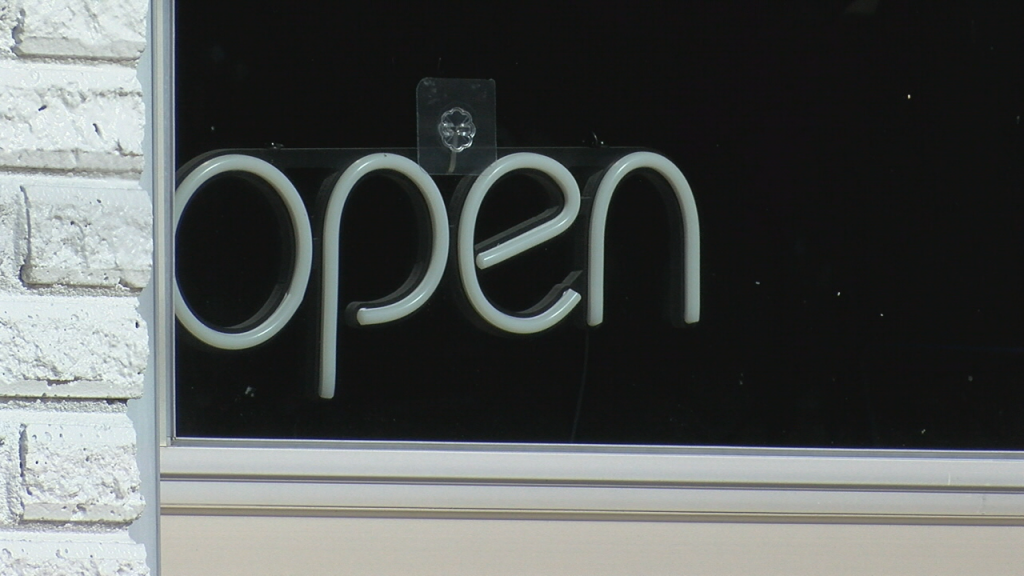Duke Energy: Coal ash study contains mistakes; Group withdraws study
WILMINGTON, NC (AP) – Environmentalists are calling on North Carolina health officials to warn people against eating fish caught near a Duke Energy coal ash dump outside Wilmington after a new study shows high levels of contamination.
The study by two University of Florida professors working with the Southern Environmental Law Center says Duke’s own tissue samples taken from fish caught at Sutton Lake shows concentrations of selenium exceeding levels deemed safe for daily consumption. The lake adjacent to the Cape Fear River received discharges for decades from a coal-fired power plant and recently converted to burn natural gas.
The study, released Monday, was also withdrawn Monday pending more information.
Though selenium is a nutrient needed by humans in small amounts, excessive intake can be toxic. Despite longstanding concerns about contamination at the lake, state wildlife officials continue to promote it as a fishing spot.
Duke Energy issued a statement in response to the study:
“This report contains a significant mistake, leading to inaccurate and misleading conclusions. Duke Energy fish tissue data are all reported as dry weight. The state health advisory guidelines are based on wet weight measurements. The Southern Environmental Law Center failed to perform a standard and required conversion before applying the data to the guidelines. If converted to wet weight values, the company’s 10 to 25 mg/kg dry weight selenium data would range from approximately 2 to 5 mg/kg wet weight, well under the NC Department of Health and Human Services consumption advisory level.”
The Southern Environmental Law Center issued a response following Duke Energy’s statement:
“Duke Energy raised questions regarding calculations in the Sutton Lake fish consumption report by the University of Florida’s Center for Environmental & Human Toxicology that we released earlier today and we want to make sure that the report is completely accurate. We are working with the authors at the university center to analyze the questions raised and withdrawing the report until this is resolved.”





Leave a Reply